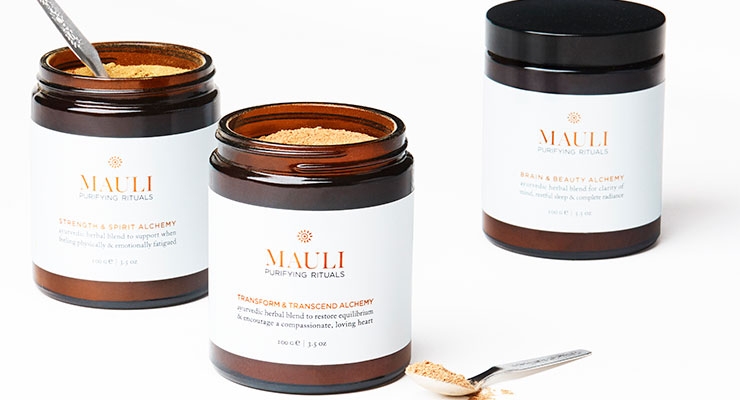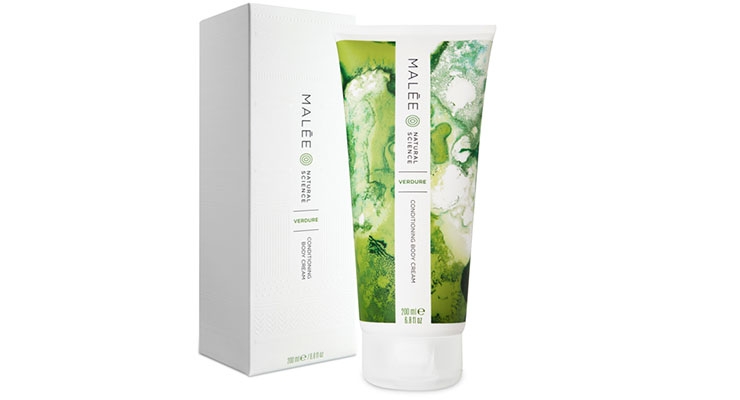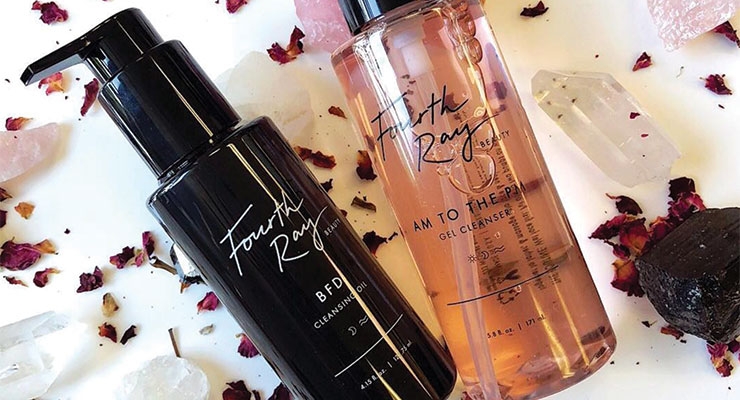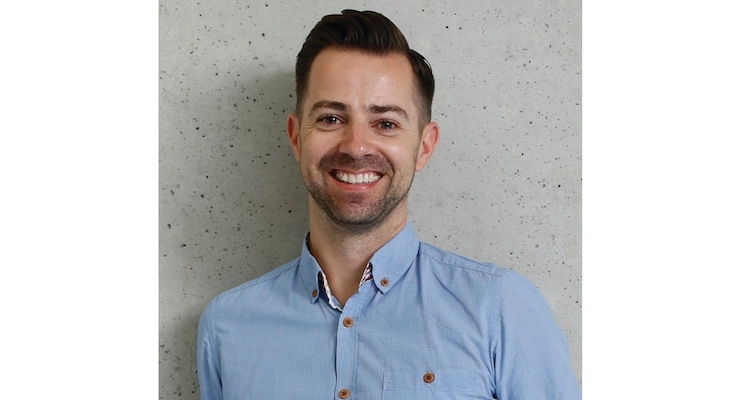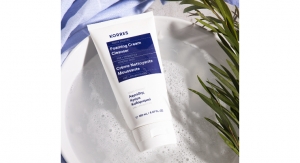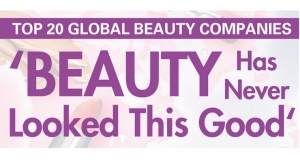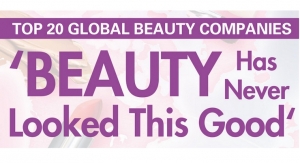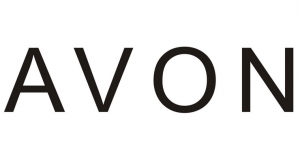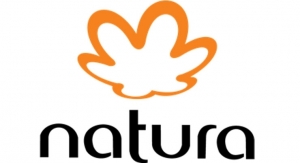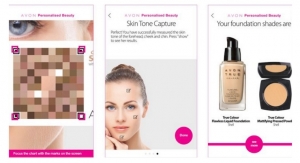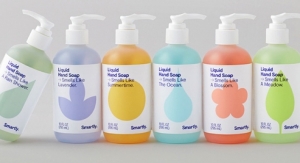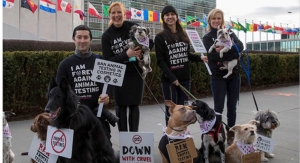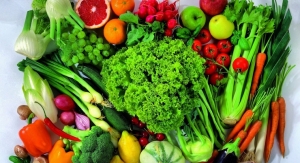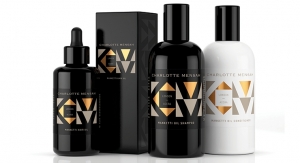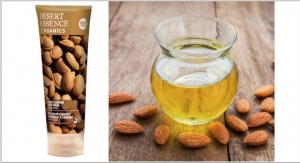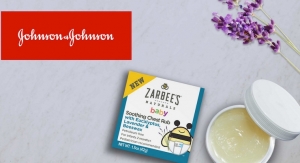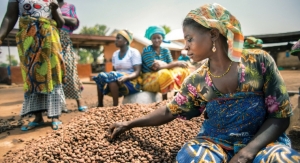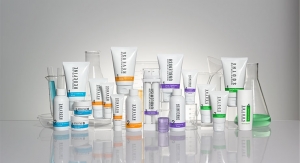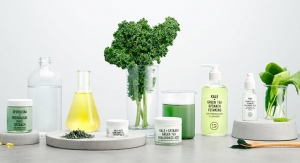Nick Vaus, Partner & Creative Director, Free the Birds11.01.18
We live in times of unprecedented disruption. Futurist Gerd Leonhard said in 2016 “humanity will change more in the next 20 years than in the previous 300” due to digital. He’s not wrong!
In Shanghai, customers can already summon Wheelys’ Moby-Mart, a self-driving 24/7 mini-supermarket with holographic shop assistant, by mobile phone. Many of our assumptions about “how the world works” have vanished, which is nerve-wracking as well as exciting. As organized religion declines (25% of under-30s U.S. adults now say they’re atheist/agnostic), people are looking to the Wellness industry for spirituality, self-care and escapism: Euromonitor says it will be worth £632bn by 2021, up 19% from just 2016.
In the beauty setting, the wellness trend is seen in brands focusing on ritual: elevating beauty to something purposeful and spiritual. Fragrance, used in the home and on the body, can move us emotionally, by calming or stimulating. Bath and body products provide us with times of calm in a hectic world: quite literally a time to switch off the phone and relax into bodily sensation. Some brands look to non-Western cultures’ religious rituals for inspiration, with the best of them truly transformational, transporting us to places and spaces elsewhere.
Mauli Rituals is an Ayurvedic beauty and wellness brand whose founders—a British Indian origin husband-and-wife team—enjoyed high-powered careers until life-changing events led them on a pilgrimage to their motherland and to studying the healing power of India’s natural herbs and holistic traditions. On return to the UK, they created a range of wonderfully fragranced, eco-luxe high-performance natural products tied in with stress-relieving Ayurvedic rituals.
From South Africa, sustainable, natural beauty brand Malée uses local ingredients and fragrances to evoke particular places and times across the African continent. Its Verdure fragrance is the scent of equatorial gardens at just before dawn, for example. The brand’s packaging features a range of Ashanti tribal symbols, Adinkra: its distinctive circular icon is the “Adinkrahene” or “earth wisdom” symbol.
But while Mauli Rituals and Malée are both deeply rooted in and respectful of their cultural background, not all brands live up to these standards. The eponymous Rituals cherry-picks sometimes deeply religious rituals from around the world; using Caucasian models to depict them and divorcing them from any meaningful context. But brands don’t need to be created by a particular culture to avoid tokenism. Even back in the non-woke 1980s, The Body Shop managed to highlight the communities it was sourcing ingredients from, and financially reward the producers. Quite simply, other people’s cultures should never be a mere marketing tool for brands to sell products.
There is an immense gulf between brands that advance meaningful spirituality and those peddling “woo” or exotifying other’s cultures. New brand Fourth Ray Beauty impressively manages to do both, talking about “a little extra juju in our lives” and products containing “a custom crystal blend designed to help balance your energy.” Pinrose also recently launched—and then rapidly pulled—a “Starter Witch Kit” to a huge backlash from the pagan community. It’s today’s wellness equivalent of the 90s “boswellox” phenomenon: It means absolutely nothing and is offensive to boot. Beauty can play a huge role in enhancing people’s wellbeing, but cultural imitation is no form of flattery. Keeping it respectful and real is a must.
About the Author
Nick Vaus, is partner & creative director, at Free the Birds, the brand communication and design agency formerly known as DewGibbons+Partners. Now 21 years old, its clients include Bayer, Coty, Davidoff, Lindt, Nestlé and P&G. Its boutique, tailored approach is built on curiosity, flexibility and smart design thinking which drives successful outcomes for compassionate brands.

